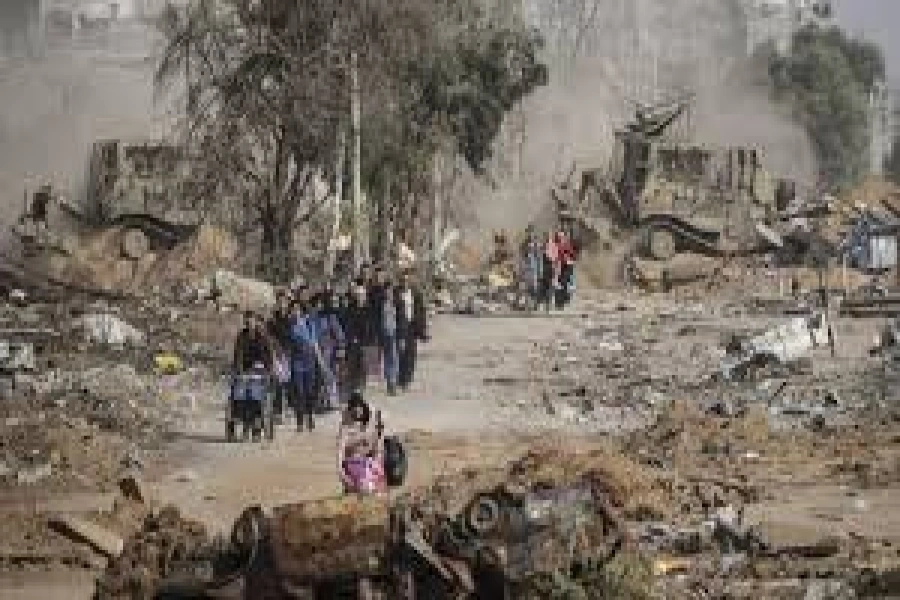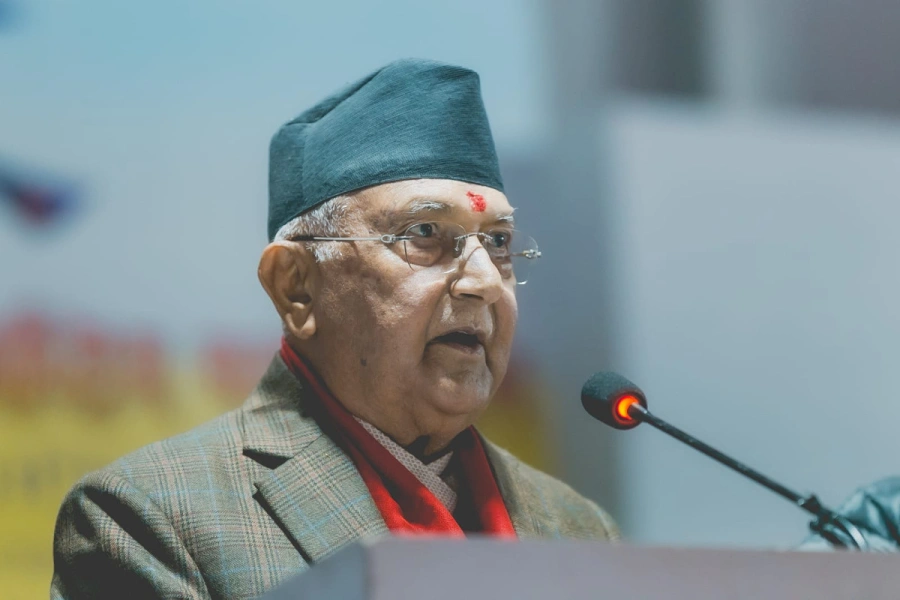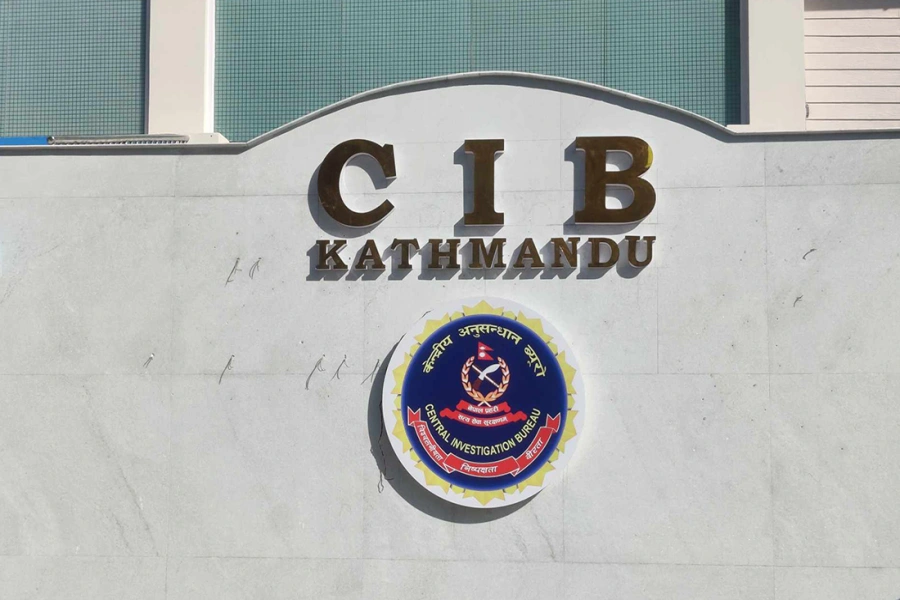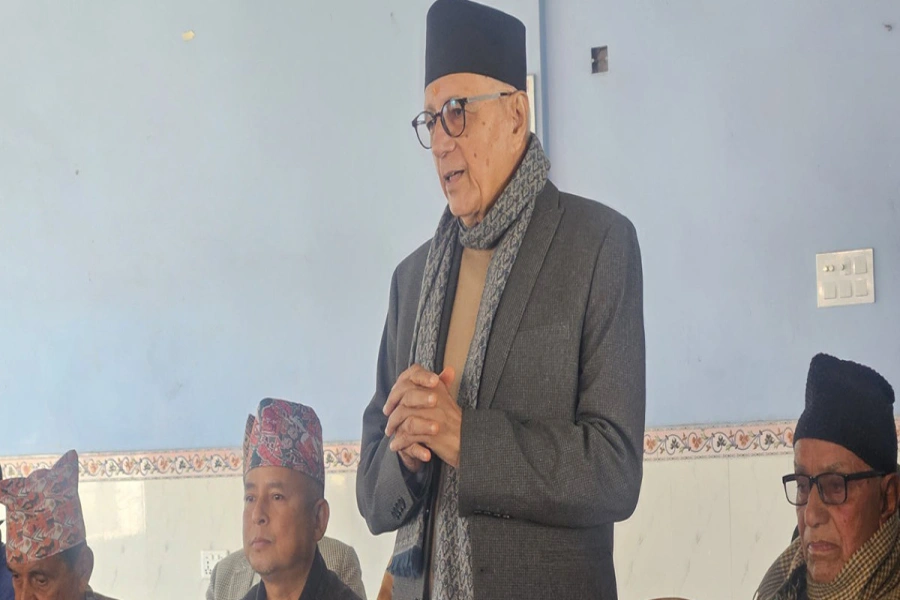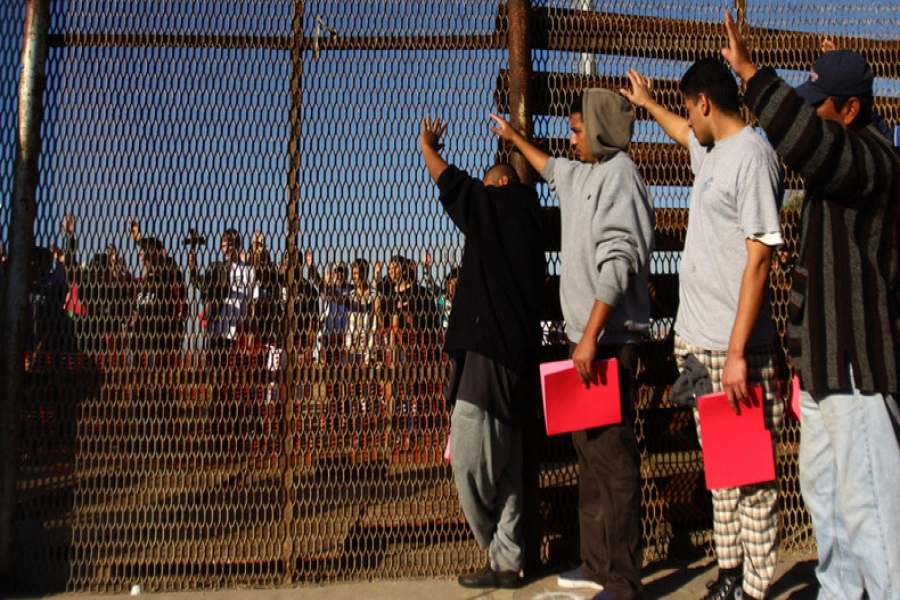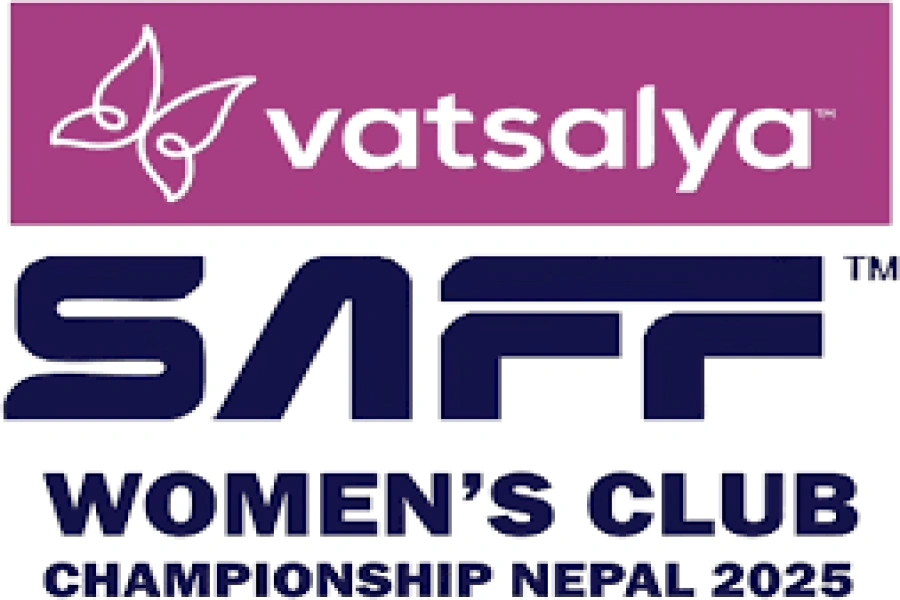KATHMANDU, Sept 29: Center for Social Inclusion and Federalism (CESIF) organized a seminar on Wednesday on the topic ‘Geopolitics and Foreign Engagements in Nepal’. This seminar brought key stakeholders together to discuss the prospects and challenges of increasing geopolitical competition of global powers in Nepal. The seminar also discussed Nepal’s foreign policy and diplomatic practice to deal with the geopolitical actors in Nepal. This program aimed to build consensus on the strategies Nepal should adopt to maintain balanced relationships with its bilateral partners.
CESIF also launched its two-research series entitled ‘Nepal-India Cross Border Relation in the Contemporary Context,’ and ‘Foreign Engagements in Nepal and Cross-Border Relation with China’ based on a yearlong research study conducted by the organization, edited by former ambassador Vijay Kant Karna and Mr. Arpan Gelal.
Experts gather in Kathmandu to discuss challenges of snakebites

The program proceeded with the brief presentation on ‘Key trends in Geopolitics and Foreign Engagements in Nepal’ by CESIF’s Program & Research Officer Arpan Gelal and ‘Nepal-China Cross-Border Relation’ by Researcher Prashanti Poudyal.
The program hosted two panel discussions with distinguished individuals including diplomats, bureaucrats, researchers, academicians and foreign policy experts. The first panel discussion was entitled ‘Geopolitics and Foreign Engagements in Nepal’. The panel brought together Dr. Swarnim Wagle, Dr. Achyut Wagle, Ajaya Bhadra Khanal and Apekshya Shah while the discussion was moderated by Amb. Vijay Kant Karna.
The discussion revolved around bilateral trade relations with regional neighbors, development financing, impact of geopolitical competition in domestic and foreign relations of Nepal and India’s regional strategy, among others. Dr. Swarnim Wagle stated, ‘Our leaders should be prepared on Nepali perspective and should present in an international forum with efficient bureaucracy. The state craft cannot be successful on the extra ability of a few individuals. Our leaders need to capitalize the soft corner and goodwill of Nepal.’ Dr. Achyut Wagle mentioned, ‘Talking about US, India and China, we should understand more emerging equations including QUAD, European and other emerging powers and initiatives. We need to broaden our perspectives.’
The second panel on ‘Recent Developments in Nepal-China Relations’ brought together former Nepali ambassador Dinesh Bhattarai, Dr. Nischal Nath Pandey, Avasna Pandey and Anurag Acharya while it was moderated by Anil Giri.
The panel discussed Nepal-China ties in the context of recent geopolitical developments, China’s national and foreign policy, China’s Global Development Initiative and Global Security Initiative, and patterns of infrastructure financing in Nepal. Dr. Nischal Nath Pandey stated, ‘While we are moving towards the most crucial election in our history, we have become a boxing ring of major powers in the South Asian region. To make the matter worse, we are witnessing the decay of institutional order in Nepal.’ Ms. Avasna Pandey stated, ‘China has adopted assertive and proactive foreign policy, the impact of which Nepal is also witnessing.’



